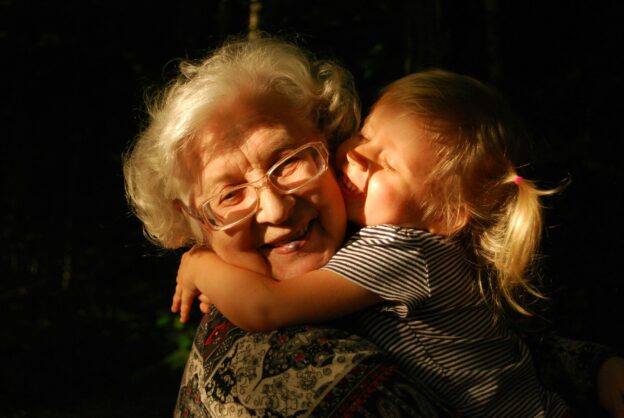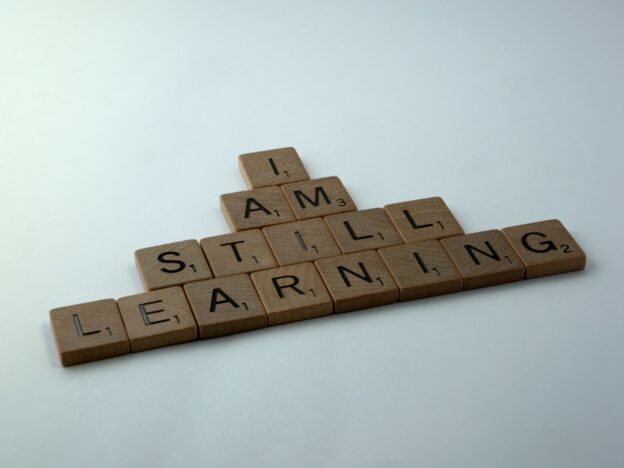You know what they say — nobody’s perfect. But that doesn’t stop you from trying your darndest to be the absolute best partner. You go above and beyond to keep them happy. You give it your all daily, determined to be everything they want or need. But the truth is, all that pressure you put on yourself will only backfire. Trying to be perfect will take its toll, leaving you exhausted, frustrated, and like a failure when you inevitably fall short. So, how do you learn to relax? How do you ignore unrealistic expectations and focus on being yourself?
 June 13, 2025
June 13, 2025








